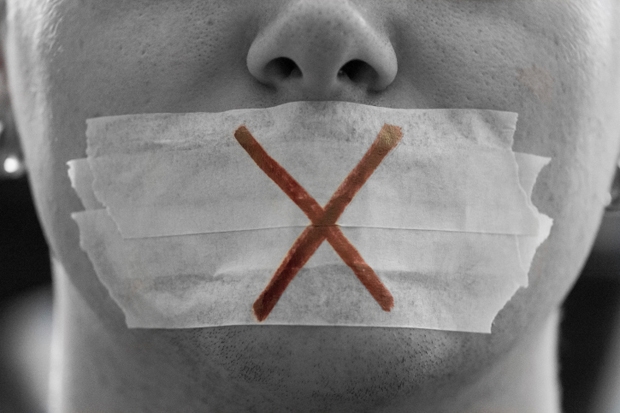I was riveted to read about Ione Wells, an Oxford student, aged 20, who was savagely attacked on a London street. She then wrote about the experience for her university paper and has now hit the national news, prompting other students to write about their experiences too. Ione has kick-started her career as a journalist, and discovered that a woman reporter can often do well by cannibalising her own life, as long as she is a good writer, which Ione seems to be.
Her story was interesting to me because in 1982, just after I came to London, I was attacked while walking home in south London. It was a violent assault; the perpetrator tried to strangle me before attempting rape. Like Ione, I was rescued by a local person.
I was attacked by an Afro-Caribbean youth at a time when mugging and assaults on women were rife in south London. As a new arrival, I was astonished and dismayed by the violence on the streets around Brixton and Stockwell. The main difference is that when I wrote my piece, which appeared in the Guardian, my first feature in a national paper, I said my attacker was black, and speculated on the reasons that young men in that community were so violent.
Ione, perhaps reflecting the culture which now surrounds the young, did not say what nationality her attacker was. Neither the BBC, nor the national papers, nor even the Daily Mail alluded to the attacker’s ethnicity at the time, though we now know him to be a 17-year-old Somalian.
Wells is probably wise to have written such an allusive, oblique piece. After my article was published, I was reported to something called the ‘Race Today Collective’, a Brixton-based Marxist group dedicated to militant anti-racism, or as the Americans called it, Black Power. They had a magazine, Race Today, edited by Darcus Howe, referred to last year by the MP Diane Abbott as ‘a living embodiment of the struggle against police racism’.
I was battered and bruised, with a sore neck from where my assailant’s thumbs pressed on my windpipe, but I was also suddenly in deep waters. I have to say I was so pleased to see myself in print that I didn’t much care who the Race Today Collective were, or that they didn’t like me. But I did suffer a lot among my friends and neighbours. I lived in a rented hovel with some young nurses in the flat above. One of them told me that although they were constantly stopped on the street by young black men, none of them had been physically attacked, so it suggested to them that I was guilty of ‘racist body language’. In my fragile state of mind, this news depressed me very much.
A friend of mine from university seemed to despise me for being in that invidious position, a victim of someone whom she saw, for political reasons, as a victim. ‘Of course, if you let them see you are scared they will attack you,’ she told me patronisingly. Even though she was a radical feminist, that a mugger or attacker was black made them exempt from criticism. I also remember that she had a car, bought for her by her father, and was able to avoid the dangerous walk home from the tube station.
The results of all this made me feel bitter and alienated from the young people who had been my friends. I became more cautious about going out, more unhappy living in that area. My first experience of life in London had been a disaster. And from being extremely left-wing, applauding the people behind the Brixton riots, I became at best a watchful liberal.
Ione Wells will have been changed too. No girl gets up from the pavement after a violent assault as the same young person who set out that evening. Hopefully she has supportive parents and warm and sympathetic friends. Perhaps they no longer have that hard-left ideology which insisted that only white people might be racist. She says she ‘will not be defeated’, so she is taking a positive approach.
But it is sad that she has learned, as I did, that life in England is frequently about conflict, that walking home alone in London can be a very dangerous thing to do, and much worse than that, attacks on young women may sometimes be political, not just rampant lust but a by-product of ethnic conflict.






Comments